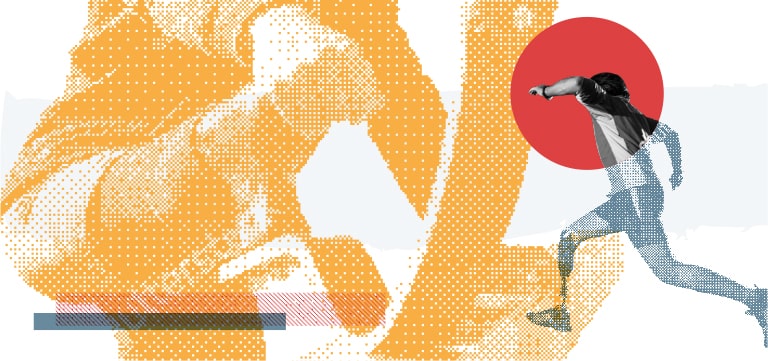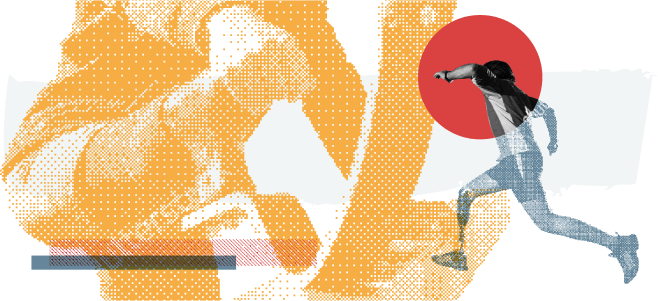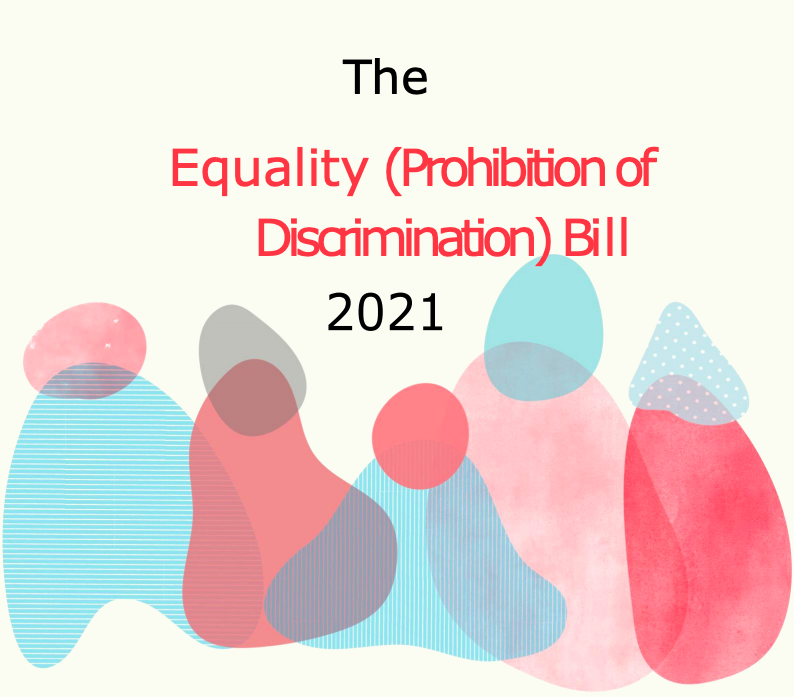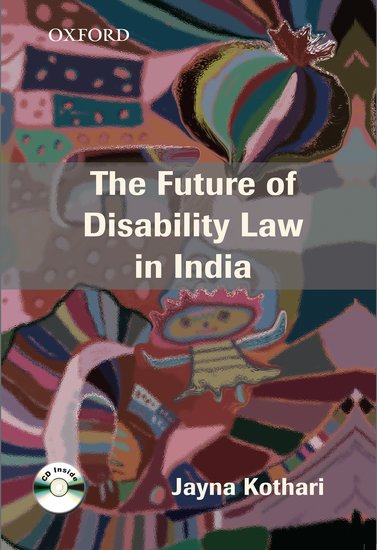On the 3rd of February 2024, CLPR hosted a training program dedicated to furthering the…
CLPR welcomes original contributions which provide high-quality analysis of recent constitutional law and human rights developments in India and across the globe, including case law, current litigation, legislation, policy-making, and activism.
There are two competing, often overlapping, movements regarding persons with disabilities – disability rights and disability justice. The former focuses on securing equal opportunities and equal rights for all people with disabilities, while the latter is a framework that examines disability and ableism as it relates to other forms of oppression and identity. “Disability justice” is a term coined by the black, brown, queer, and trans members of the original Disability Justice Collective, founded in 2005 by Patty Berne, Mia Mingus, Stacey Milbern, Leroy Moore, Eli Clare, and Sebastian Margaret.
On 15th May, we organised a consultation on our Equality Bill 2019 (“Bill”) in Hyderabad. The CLPR team presented the provisions of the Bill and sought suggestions, inputs and feedback from the participants, which included various academics and members of civil society organisations working with marginalised groups. This blog post presents the key points of the consultation.





